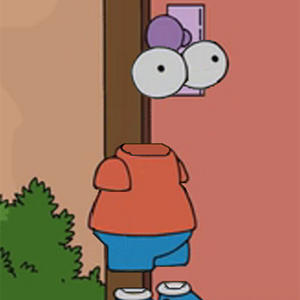simnine
TPF Noob!
Sure you can spend hours shooting multiple exposures and using some experimental development process to get a picture. It is good to know how to do these things in certain situations.
What I do not understand is why some swear by doing things in overyly complicated ways. It seems foolish to me for someone to spend loads of time doing something one way when they can often do it faster and with better results by using a less complicated method.
To me, the end result is ultimately the goal. It doesn't matter if they used some crazy elaborate method or photoshopped it up. If it looks good, it looks good and crap is still crap. That is how I see it at least.
What's your take?
What I do not understand is why some swear by doing things in overyly complicated ways. It seems foolish to me for someone to spend loads of time doing something one way when they can often do it faster and with better results by using a less complicated method.
To me, the end result is ultimately the goal. It doesn't matter if they used some crazy elaborate method or photoshopped it up. If it looks good, it looks good and crap is still crap. That is how I see it at least.
What's your take?



 ... if nothing else .. he'll make sure i dont take the easy way out, or he'll die trying
... if nothing else .. he'll make sure i dont take the easy way out, or he'll die trying 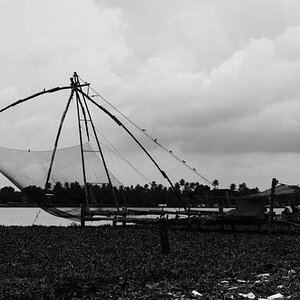

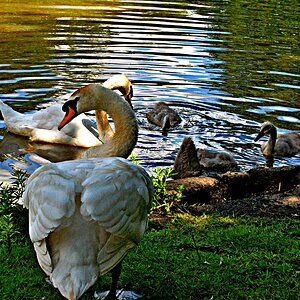
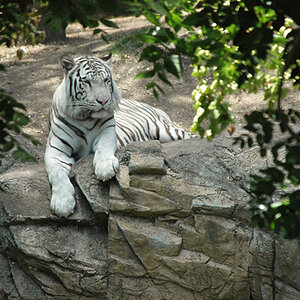
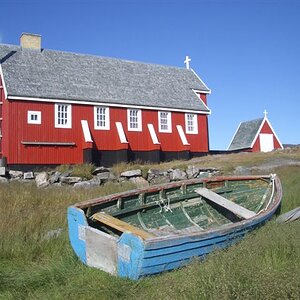
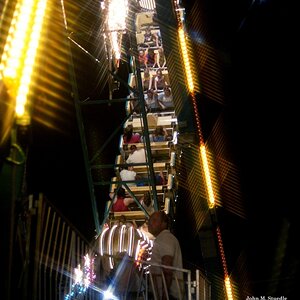
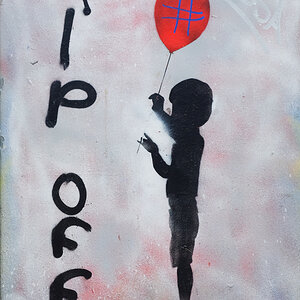
![[No title]](/data/xfmg/thumbnail/37/37093-76cde0d618a8f2748a7d7543d7b4f9ea.jpg?1619737881)
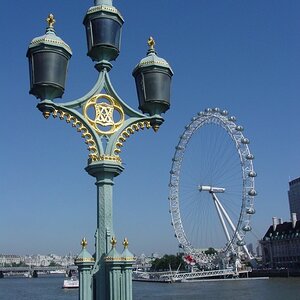
![[No title]](/data/xfmg/thumbnail/37/37657-01deca3769b38b716838942ccbfce66a.jpg?1619738172)
